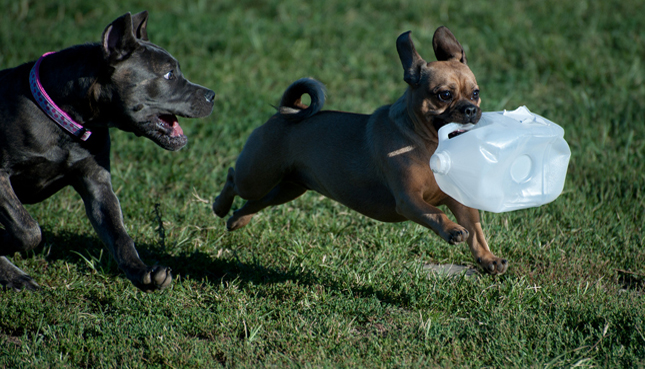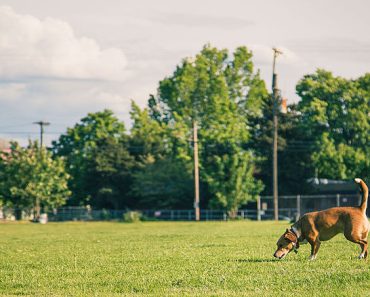Most dog owners will tell you that they love their dogs as much as they love their other four-legged friends. Dogs have been domesticated for so long that we, like their owners, are willing to pamper them and give them almost everything they want and need. When we bring them to our friends’ dog parks, however, things can go wrong.
Dogs can be rough at these play sites, and unfortunately, some get hurt. The dog owners who watch their four-legged friends go about their business will tell you that the animals are not being themselves. When your pet jumps up to play, heat up too far or is too excited, he or she is jerked off his or her feet by someone playing the agility course, causing the poor pooch to land in a heap.

Some owners, out of shame, try to punish the dogs. This is a losing battle and does little to foster trust and good behaviour. Remember, a dog is a dog. Yes, owners do have a responsibility to educate themselves and their pets. A dog’s behaviour is, more often than not, a reflection on its owner. As such, an owner needs to be smart when it comes to training his or her dog.
Here are a few tips:
- Spay or neuter your pet. Hint: if you have the means to do so, do so. Hint: you will feel better about it.
- Kids and dogs play together and should be supervised.
- A dog park is not a place to “get a dog.”
- Stay active and walk the dog daily. Obey the park rules.
- Talk to other dog owners. Obey the rules.
- Have your dog examined by the vet before going.
- Before going, ask the vet for his or her opinion.
- Leave if you see a problem.
- Follow the rules.
- Keep an eye on your pet.
- Don’t let your pet off-leash or wander.
- If an owner cannot control his or her dog, seek help from local animal control.
- Be there for group walks and teach the other owners.
- Don’t let your dog wander alone.
- Stay on a hose or leash if your dog is behaving.
- Small dogs should be carried in baggies so owners can quickly pick them up.
- Never leave personal items such as a shoe in a dog’s mouth.
- Clean up after your dog and do it right the next time.
- Feed your dog a laxative.
- Have your pet spayed or neutered.
- Be considerate of others.
- Enjoy the dog.
If you think that your dog might be aggressive; assume the worst and prepare yourself for the worst. If you do encounter a situation where your pet’s behaviour might be in question; be polite and professional. An attitude like this will minimize the chances of your animal becoming out of control.

If you think that your pet’s behaviour might be out-of-control, consider the following tips:
- Socialize your pet. This is especially important for a dog that has been raised in a closed-in, rather than with constant human companionship.
- Teach your dog to sit, lie down, stay, come, heel, leave it, and drop it.
- Reward with a food treat.
- Spend some time daily with your pet.
- Teach your dog that life is a game and have plenty of games (avoid boredom).
- Become friends with your dog.
- Teach your dog to play fetch and retrieve.
- Be sure your dog has exercised adequately.
- Talk to your veterinarian about additional, appropriate kinds of preventatives.
In a similar vein, letting the kids be involved in caring for the dog when you aren’t around might be a good idea. This will help you the dog, but you need to carefully monitor such activities to make sure that neither the kids nor the dog suffers.
Finally, prepare the dog for adapting to the family when you are away. This can involve retrieving a lost article, or watching your dog become accustomed to not being left alone or cared for when you are away. This kind of ” rehearse” helps prepare your dog to handle short notice.
Understanding a dog’s perspective is critical to creating a peaceful, successful co-existence. Keep in mind that a dog can be quite complicated, and stoic in some respects. Dogs are very intuitive and it’s not always clear to them what you want or expects of them. Try to speak to your dog sometimes without risk to your commands. Use the tone of your voice to convey your feelings.

